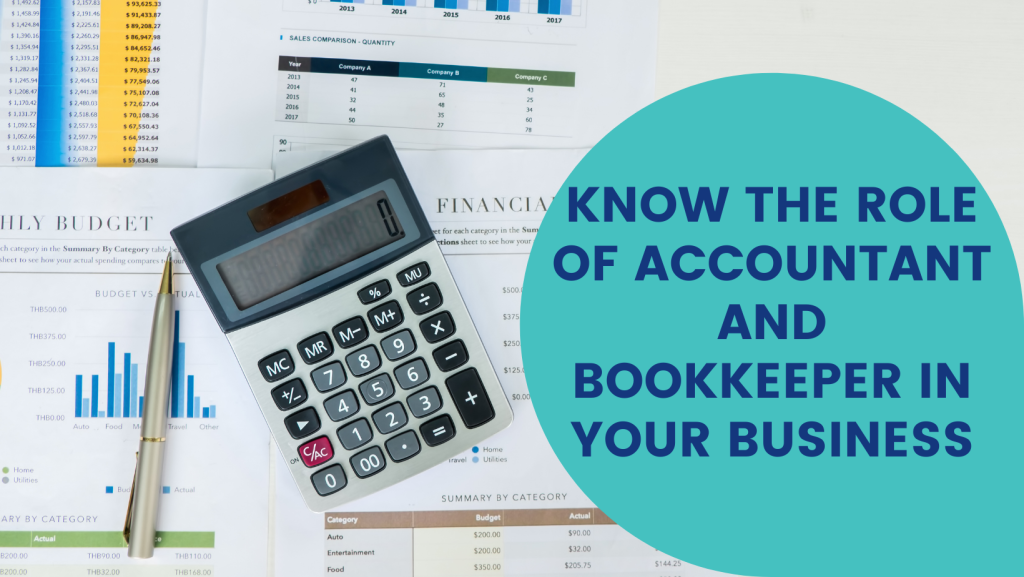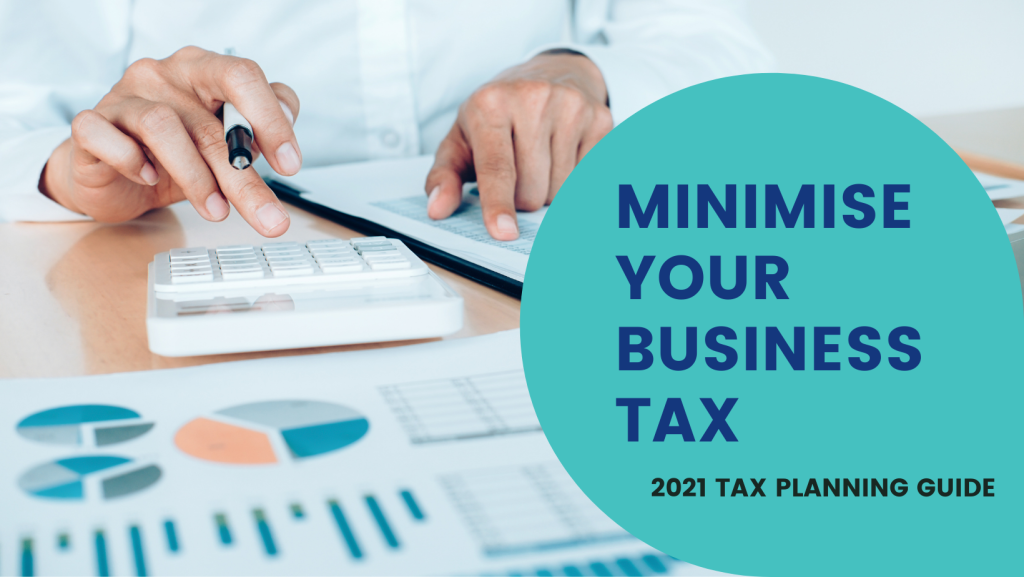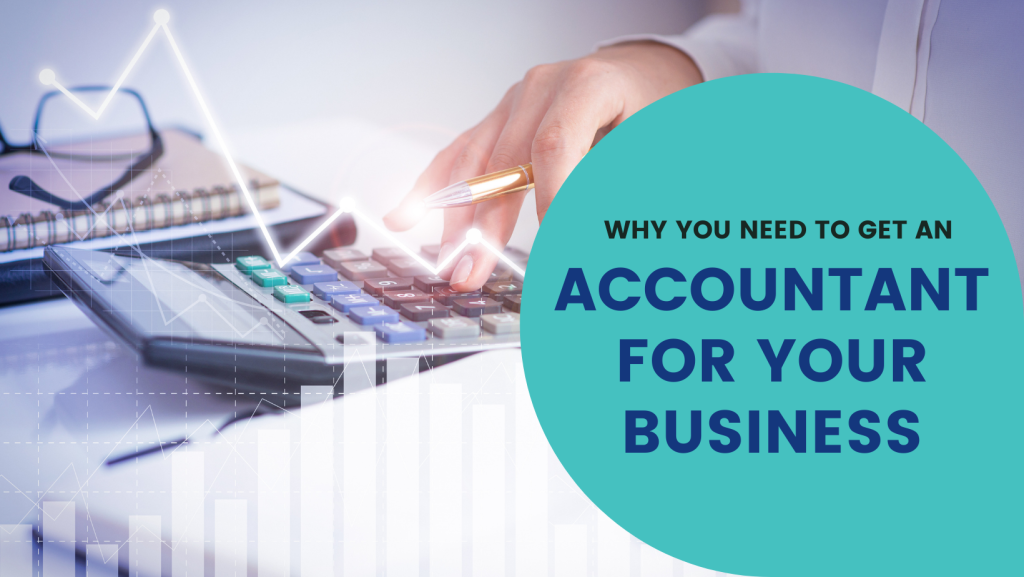Most business owners confuse accountant and bookkeepers, but while the two are related, they have different functions and responsibilities. Their differences are really not that evident. Rather, they’re subtle yet essential, especially when it comes to working in a company.
In this article, we will discuss their differences and roles. You need to know this so that your business’s cash flow and accounting requirements will be managed effectively by the right professionals.
Let’s get to it!
What Are the Responsibilities of a Bookkeeper?
One of the primary requirements that a bookkeeper must have is keen attention to detail. Why? Because bookkeepers are tasked to record your company’s journal entries and conduct bank reconciliations. Your bookkeeper must be able to shift focus easily and catch tiny, hidden mistakes in a budget or invoice. They have to be really careful because careless mistakes can lead to bigger, costlier, and more time-consuming problems down the road. Essentially, the main responsibility of a bookkeeper is to record the day-to-day financial transactions of your business.
What Are the Responsibilities of an Accountant?
If the bookkeeper is the one who handles the day-to-day transactions, the accountant is responsible for the bigger picture. You must know that accountants and bookkeepers work side by side. Accountants typically rely on your bookkeeper’s input to create financial statements. They also review and analyse your company’s financial information periodically that has been recorded by your bookkeepers.
Once your bookkeeper has lined up all the small pieces of your company’s financial records, your accountants will view and arrange those pieces for you. Your accountant is also required to crunch numbers. They need to have sharp logic skills and big-picture problem-solving abilities to keep your business afloat. They may need to work with numbers and financial details all day long, so make sure you find an accountant that can manage your business’s needs.
Do You Need a Bookkeeper and an Accountant for Your Business?
Unless you can record your company’s day-to-day transactions, prepare your business financial statements and conduct bank reconciliations all by yourself simultaneously, then you don’t need an accountant and a bookkeeper. However, while it’s possible to do it all by yourself, there’s a higher chance that your business may be at risk because you cannot meet the demands of the requirements.
You need to have an accountant and a bookkeeper because they can help you manage your business more efficiently and effectively. Accountants can help you collect, analyse and report financial information, and having a bookkeeper will make everything easier. They can help you keep your income and expenses adequately organised and review your financial resources and costs. If you’re not on top of your accounting and updating of books, you’ll find it more challenging to get an accurate budget for your business operations.
Conclusion
Having a bookkeeper and an accountant in your business is non-negotiable. They are essential because they can help you build a solid financial foundation to support your growth in the future. Without them, your company’s financial situation will be a blur, so you need to have them in order to gauge if your business is thriving or not.
If you are looking for the best business accountants on the Sunshine Coast, Wardle Partners is what you’re searching for! We are the leading business accountants and tax experts in the area, providing businesses with services like tax minimisation planning, business compliance, self-managed superannuation, accounting and more. Get in touch with us today to know how we can help you!



